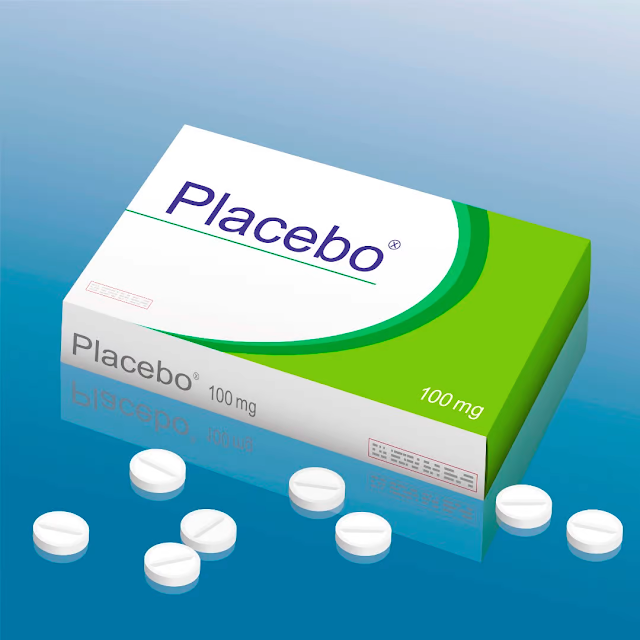Understanding Interpersonal Violence: A Call to Action for National Coming Out Day and LGBTQPIA2S+ History Month
Van is a queer, non-binary, trans, AFAB (Assigned Female at Birth), POC
(Person of Color), dually licensed as a Marriage and Family Therapist and a
Licensed Professional Clinical Counselor. Van is passionate about holding space
for all intersections of one’s identity(ies). Van is dedicated to social
justice & believes it is vital to cultivate an awareness of our own
internal strengths, specifically our resilience as we continue to grow and
discover ourselves. Van also provides trainings on trans and non-binary
identities and is author of the interactive book Exploring My Identity(ies) (2020).
As we approach National Coming Out Day on October 11th and
celebrate LGBTQPIA2S+ History Month, it’s crucial to shed light on a pervasive
issue that often goes unnoticed: Interpersonal Violence (IPV). Many individuals
may not recognize the signs of healthy versus unhealthy dynamics in
relationships. IPV can take many forms, including physical, emotional, and
psychological abuse, with gaslighting being one of the most insidious.
What is Gaslighting?
Gaslighting is a form of emotional abuse where one partner
tries to convince the other that their perceptions or experiences are invalid.
It creates a distorted sense of reality, leaving the victim questioning their
own reality, thoughts and feelings. The truth is, reality is subjective—shaped
by our unique experiences and perspectives. Thus, no one has the right to
dictate another's reality. Understanding this can empower those affected by IPV
to reclaim their narratives and recognize the validity of their feelings.
The Importance of Autonomy
Our bodies and minds are our own. The phrase "my body,
my choice" should extend beyond physical autonomy to encompass our mental
and emotional well-being. When someone takes away your choices—whether it's
about your body, your relationships, or your beliefs—it creates an unhealthy
and potentially toxic dynamic. Unfortunately, LGBTQPIA2S+ individuals face
higher rates of IPV due to societal stigma and discrimination that demonize
diverse identities, such as trans, non binary, queer, agender, asexual and many
more identities. This marginalization complicates self-love and acceptance,
often leading to distorted perceptions of love and relationships.
The Harsh Reality of IPV in LGBTQPIA2S+ Communities
Statistics reveal a startling truth: approximately 1 in 2
trans individuals will experience abuse from a partner when coming out. This
staggering figure underscores the urgent need for support systems that
recognize the unique challenges faced by LGBTQPIA2S+ individuals. The stigma
attached to these identities can make it difficult for individuals to discern
healthy relationships from toxic ones, particularly if they have only known
love in the form of abuse.
Supporting Those in Need
One of the most harmful responses to someone in an abusive
relationship is to tell them to simply leave. Instead, it is vital to offer
compassionate support. Listen without judgment and respect their choices.
Discuss concerns openly, but always trusting the person to make their own
decisions.
Creating wellness or safety plans can be incredibly
beneficial. This may involve setting aside essential items with a trusted
friend—such as identification, money, or important documents. Your support
could make a world of difference in someone’s life, especially during a time
when they may feel particularly vulnerable.
What You Can Do
On National Coming Out Day, take the opportunity to be an
ally. Support someone in your life by offering a listening ear, a safe space,
or resources for professional help. Organizations like MiraCosta Health
Services provide free mental health therapy sessions for students, which can be
a vital resource for those seeking guidance. Email: mccshs@miracosta.edu, Website: www.miracosta.edu/healthservices
Additionally, we invite you to join us at our weekly
Thursday QT (Queer Time) group from 3:00 to 3:50 PM. Please email
vLevy@MiraCosta.edu for the Zoom link. This space is specifically designed for
LGBTQPIA2S+ individuals to engage, interact, connect, collaborate, and support
one another in a way that feels affirming. It’s an opportunity to build
community and share experiences in a safe environment.
Remember, every individual is unique. Just because a
particular strategy worked for you in your own experience with IPV does not
mean it will resonate with someone else. Listening to, trusting and respecting
each person’s journey is key to providing meaningful support.
In Conclusion
As we celebrate LGBTQPIA2S+ History Month and National
Coming Out Day, let us remain vigilant in our fight against interpersonal
violence. By fostering an understanding of healthy relationships and providing
unwavering support, we can create safer environments for everyone, particularly
those in the LGBTQPIA2S+ community. Together, we can build a future where love
is defined not by fear or control, but by respect, trust, and acceptance.




Comments
Post a Comment